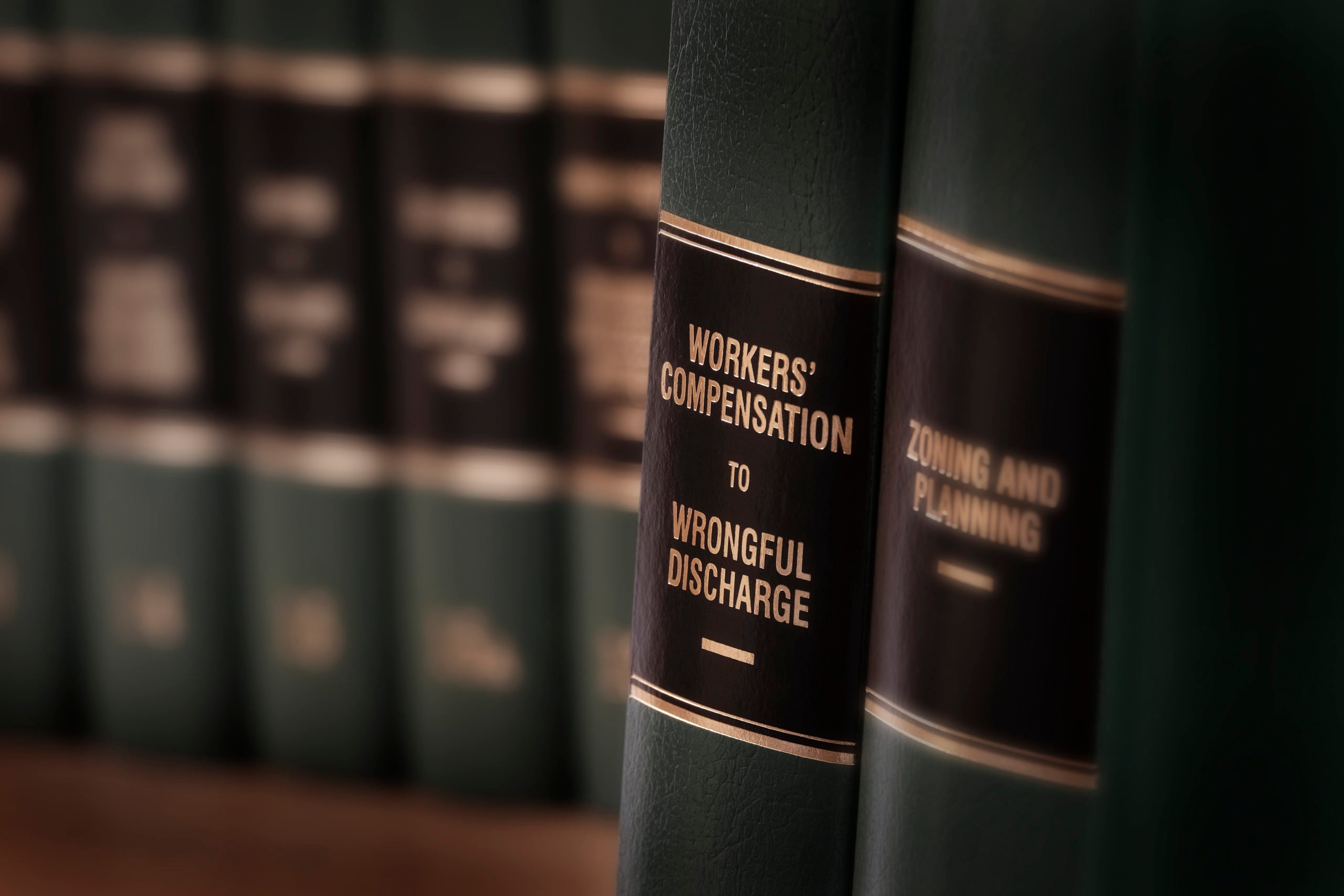“Time is on my side.”
It is a popular song from a popular band that extols the virtue of patience on a quest for love. However, for employees injured in the workplace, time is not on your side.
Although much of the focus surrounding California’s workers’ compensation laws is about the financial benefits that an injured employee can receive, equally as important is knowing the deadline for filing a workers’ comp claim. Failing to submit a claim before the state-imposed deadline can leave you with thousands of dollars in medical bills that you cannot pay because the injury that you suffered in the workplace has forced you off the job.
Referred to as the statute of limitations, the short period before a deadline for filing a workers’ compensation claim in California means you must act with a sense of urgency. Your injury might be all you think about after the incident happened at work. You have to shake off the physical pain and immediately begin working on submitting a convincing workers’ compensation claim in California.
Notifying Your Employer
Look at filing a workers’ compensation claim as a process that requires you to meet a few deadlines. The first deadline involves notifying your employer about the incident that caused one or more workplace injuries. Since California is a no-fault state for workers’ comp claims, your employer cannot try to prove you were negligent in causing the incident.

This means you should be able to receive compensation for taking care of your injuries.
You have 30 days after getting injured in a work-related incident to inform your employer about your injuries. Most employers hear about workplace injuries from other employees that witnessed an incident. It does not matter if someone else notified your employer; California law requires injured workers to inform their employers about incidents that produce one or more workplace injuries. After you report your injury, your employer has 24 hours to give you a DWC-1 workers’’ compensation claim form.
The Deadline for Submitting a DWC-1 Claim Form
Compared to 30 days, getting one year to submit the DWC-1 Claim Form seems like plenty of time. However, time might not be on your side for several reasons. First, you might miss work for a couple of months because your injuries make it impossible to hold down your current job. If you wait toward the end of the one-year deadline period to file a claim, you can go without the income you need to pay off medical bills. Second, delaying the filing the of DWC-1 Claim Form might also delay seeking medical attention for a work-related injury. Finally, cutting it too close to the filing deadline means you might lose the opportunity to receive compensation for your work-related injuries.
You do not have a second chance in California to file a workers’ comp claim for the same injury or injuries.
Exceptions to the Statute of Limitations Rule
California law has established a few exceptions to the statute of limitations rule. If an injured worker is younger than 18 years old at the time of a workplace injury, then the clock for the statute of limitations does not start until the worker turns 18. A worker who is older than 17 years old should follow the one-year deadline for filing a workers’ compensation claim in California.
The statute of limitations does not start until an employee knew or should have known about a workplace injury. This exception does not apply to obvious injuries, such as a worker suffering from a fractured leg. However, the exception does work for slowly developing injuries, such as the painful symptoms that accompany most repetitive motion injury diagnoses.
Remember that the statute of limitations for filing a workers’ compensation claim in California does not start until your employer hands you a DWC-1 Claim form.
Getting Legal Support for Your Workers’ Compensation Claim
With so much going on after suffering a work-related injury, it can be difficult to keep track of the passing time. To ensure you meet every deadline associated with the filing of a workers’ comp claim, contact an experienced employment lawyer who handles workers’ compensation cases. Not only will your attorney remind you about the filing deadline, but you can also expect legal support if your employer decides to fight your claim.
Act with a sense of urgency after a workplace incident that caused you harm by speaking with a California-licensed wormers’ compensation lawyer.





